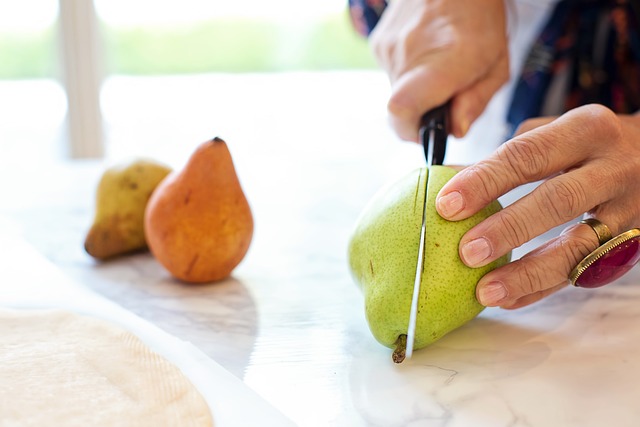Choosing the Right Food for Your Pet Bird
As a responsible pet owner, providing your bird with a balanced and nutritious diet is essential for its health, happiness, and longevity. With so many food options available on the market, it can be overwhelming to choose the right food for your feathered friend. In this article, we will explore the key considerations and steps to help you make an informed decision when selecting the best food for your pet bird.
Critical Factors to Consider
When choosing a diet for your pet bird, there are several critical factors to consider. Firstly, it is essential to understand that birds have different nutritional requirements at various life stages, from fledging to old age. This means that you should choose a food that meets the specific needs of your bird’s stage of life.
Another crucial factor is the type of bird you have. Different species have unique dietary requirements, and some may require specialized diets to maintain optimal health. For example, parrots are omnivores and require a diet rich in protein, while finches are primarily insectivores and need a diet high in fiber.
Food Types
There are several types of bird food available on the market, including pellets, seeds, fruits, vegetables, and live foods. Each type has its own advantages and disadvantages.
Pellets are a popular choice among bird owners because they provide a balanced mix of nutrients, vitamins, and minerals. However, some birds may become bored with the same old pellet every day, which can lead to behavioral problems.
Seeds, on the other hand, offer a convenient source of fiber and nutrients for birds. Many seeds are also easily available in pet stores, making them an accessible option for many owners. However, seeds should not make up more than 50% of your bird’s diet, as they lack essential proteins and fats.
Fresh fruits and vegetables can provide essential vitamins, minerals, and antioxidants for birds. Some examples of healthy fruits and veggies include apples, bananas, carrots, and sweet potatoes. However, it is crucial to ensure that the produce is fresh, organic, and free from pesticides.
Live foods, such as crickets, mealworms, and waxworms, are an excellent source of protein for many bird species. These live foods should be fed in moderation, as they can lead to weight gain if overfed.
Step-by-Step Guide to Choosing the Right Food
To ensure you choose the right food for your pet bird, follow these steps:
1. Determine Your Bird’s Life Stage and Species: Research the specific dietary needs of your bird based on its life stage (fledging, juvenile, adult, or old age) and species.
2. Consult with a Veterinarian or Avian Nutritionist**: Seek professional advice from a veterinarian or avian nutritionist to determine the best diet for your bird.
3. Analyze Your Bird’s Current Diet**: Take stock of what you’re currently feeding your bird and identify any nutritional deficiencies or gaps.
4. Research Available Options**: Explore different types of bird food, including pellets, seeds, fruits, vegetables, and live foods.
5. Evaluate Nutritional Content**: Compare the nutritional content of various foods to ensure they meet your bird’s specific needs.
6. Pilot Test New Foods**: Gradually introduce new foods into your bird’s diet under close supervision to prevent digestive issues.
7. Monitor Your Bird’s Health and Happiness**: Keep a watchful eye on your bird’s overall health, behavior, and condition, making adjustments as needed.
Main Points Summary
In conclusion, choosing the right food for your pet bird requires careful consideration of several critical factors, including life stage, species, dietary needs, and nutritional content. By following these steps and consulting with a veterinarian or avian nutritionist, you can ensure that your feathered friend receives a balanced and nutritious diet that promotes optimal health, happiness, and longevity.
Conclusion
By taking the time to research and understand your pet bird’s specific dietary needs, you can make informed decisions about its food choices. Remember to always consult with a veterinarian or avian nutritionist if you have any questions or concerns. With the right diet in place, your feathered friend will thrive and bring joy and companionship into your life for years to come.
Tags: Choosing the Right Food for Your Pet Bird, Bird Nutrition, Avian Diet, Pet Bird Care, Healthy Eating for Birds

